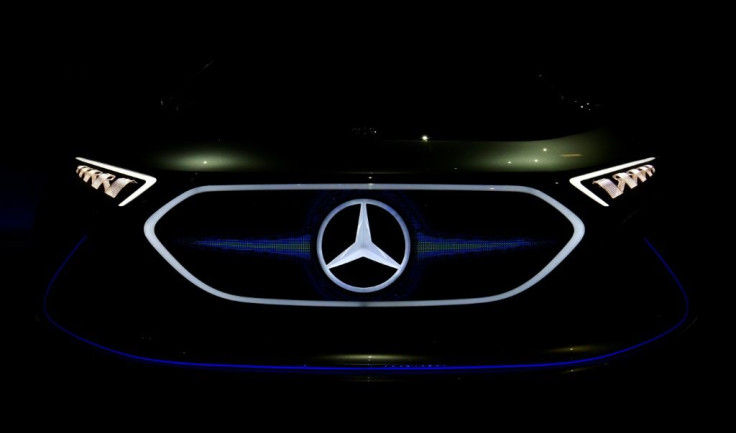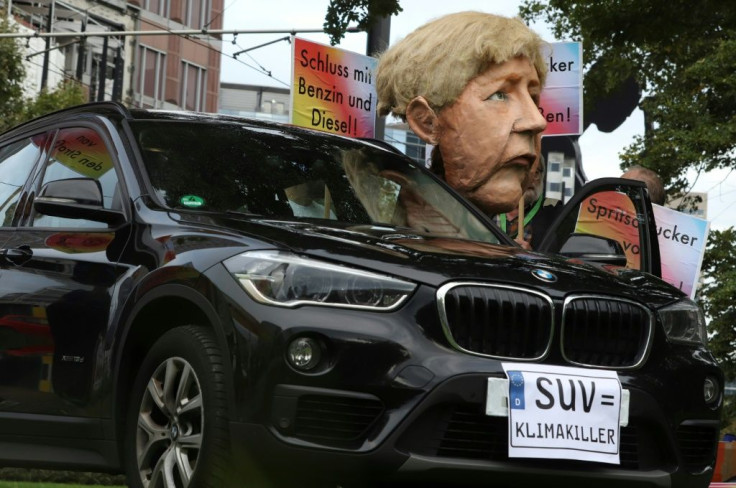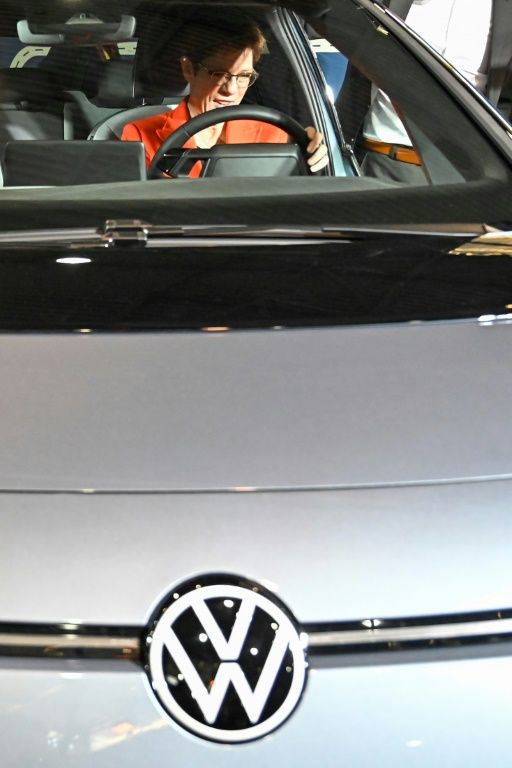German Carmakers Beat Global Sales Slump

German car giants Volkswagen, BMW and Daimler have posted strong sales growth in the face of a contracting global market in 2019, shifting massive numbers of SUVs ahead of a pivotal year for electric mobility.
While ratings agency Fitch estimated global unit sales shrank four percent year-on-year, figures released in recent days showed BMW gaining two percent, Daimler's Mercedes-Benz 1.3 percent, and the 12-brand VW group flagship brand 1.3.
But even with growing sales, carmakers plan over 40,000 jobs cuts in the coming years, with Opel the latest to announce 2,100 voluntary departures Tuesday.
"German manufacturers are well positioned with their premium brands," said Ferdinand Dudenhoeffer, industry expert at the University of Duisburg-Essen.
In the fierce race to be worldwide number one in high-end cars, Daimler's nose remained ahead for the fourth year in a row.
The Stuttgarters shipped 2.34 million Mercedes-Benz, while Munich sold 2.17 million BMWs -- both all-time records.
Both premium manufacturers' figures were massively boosted by China, with Mercedes sales there growing 6.2 percent and BMW 13.1 percent year-on-year.
But VW also highlighted strong performance in China "thanks to the strength of its brand," Dudenhoeffer said.
More keenly touched by the US-China trade conflict were American manufacturers like Ford and General Motors, he added.

For all the German carmakers, 2019 brought new strides for the dominance of SUVs in sales figures.
Sales of BMW's "X" range grew 21 percent, now making up around half of total deliveries.
At Daimler, one in three Mercedes sold was an SUV at almost 784,000 units, while VW's Seat and Porsche subsidiaries also shipped more of the models.

"It's perfectly clear that SUVs drive sales and profits for the carmakers," said Stefan Bratzel of the Center of Automotive Management.
But demand for the high-margin gas guzzlers will squeeze manufacturers as they scramble to reduce carbon dioxide (CO2) emissions in response to new EU rules.
From this year, automakers must reach average CO2 emissions across their new vehicle fleets of below 95 grammes per kilometre, on pain of harsh fines from 2021.
"Electric cars have to hit the roads, otherwise the fines will land and they will be painful," Dudenhoeffer said.
Looking to reduce their climate impact, manufacturers have dozens of electric and hybrid models lined up for release in the coming years.
In particular focus is Volkswagen's "ID.3" compact car, presented to great fanfare at last September's IAA trade show as the electric counterpart to the company's stalwart Golf.
Meanwhile BMW and Daimler are placing most of their chips on hybrids rather than all-electric power.
"The manufacturers can't leave SUVs by the wayside," Bratzel said. "Rather, they'll try to give them a coat of green paint" to overcome their negative image.
With many drivers still reluctant to take the electric plunge, "demand will depend in the long term on charging infrastructure" to reassure the doubters.
Charging points also represent one factor for carmakers' success not completely under their control, Bratzel pointed out.
But they are fundamental to plans -- like VW's aim of selling 26 million electric vehicles and six million hybrids by 2029.
Even if the targets are met, far fewer workers are needed to assemble an electric than an internal combustion vehicle, and cash is needed for research and development spending.
That points to "a second major challenge" on the jobs front for the pillar of German industry, Dudenhoeffer warned.
© Copyright AFP 2024. All rights reserved.




















